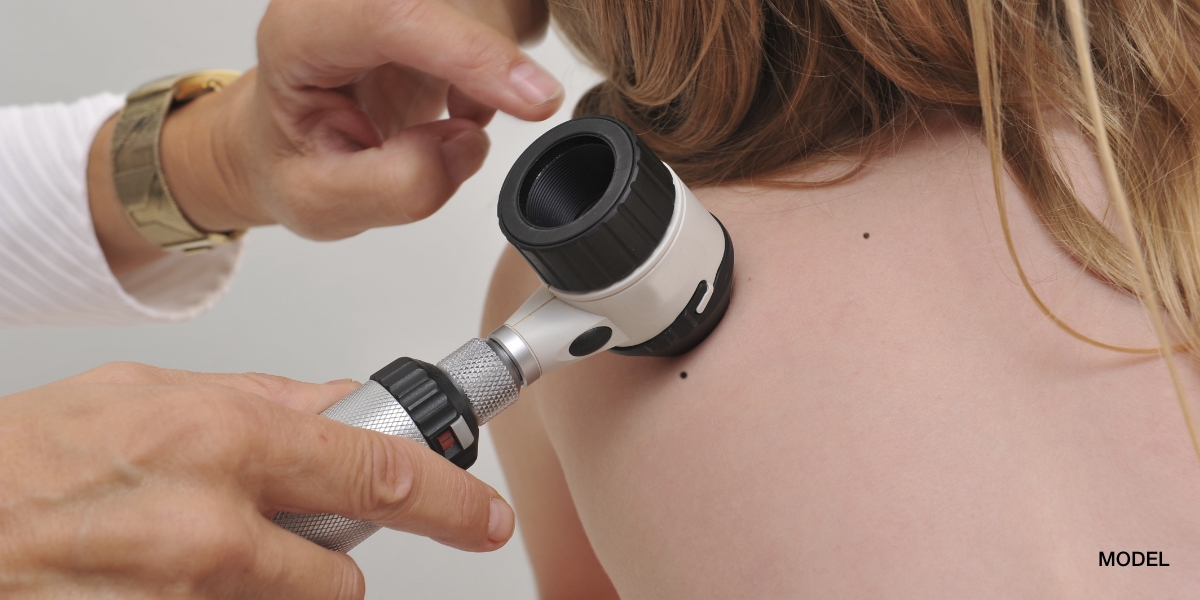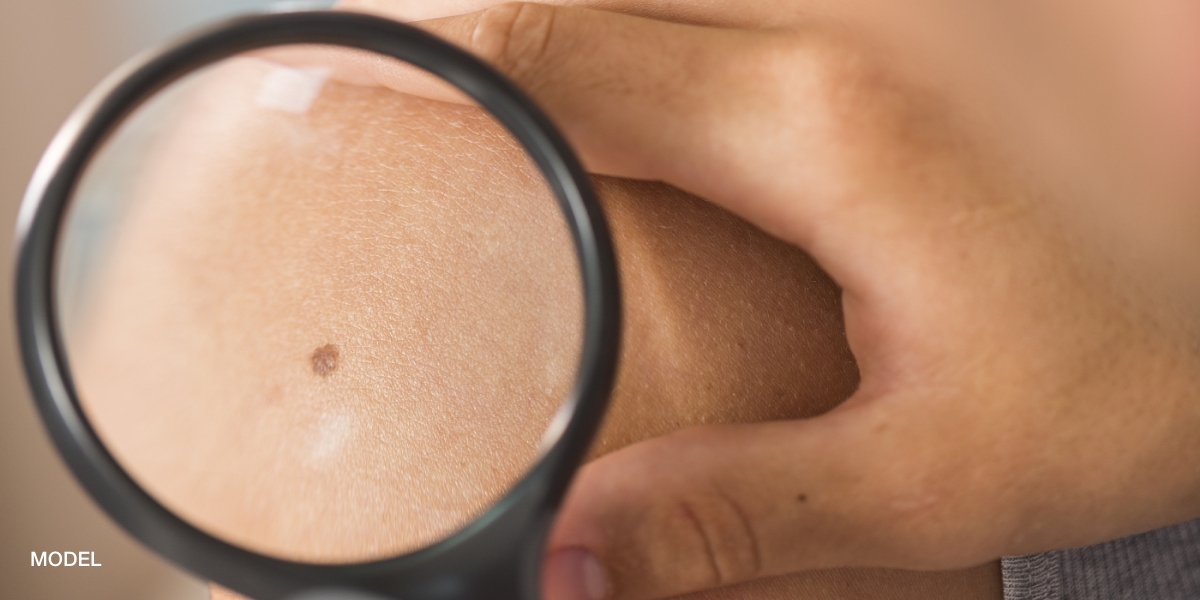Chickenpox is rarely seen due to vaccination in childhood so I do not encounter it often in my The Woodlands dermatology and Conroe dermatology offices. Chickenpox is the primary infection that occurs from Varicella Zoster Virus (VZV), which is the same virus that reactivates later in life to cause shingles (see blog entry Viruses – Herpes Zoster (Shingles)). Patients become infected through direct contact with the lesions or via inhalation into the respiratory tract. After exposure to VZV, chickenpox can occur between 1 to 3 weeks later. Patients are infectious for 4 days prior to showing evidence of the rash and are no longer infectious approximately 5 days after the rash has occurred. Patients may experience flu like symptoms and the rash appears as small vesicles (blisters) on a red base. These quickly rupture and form crusts (scabs). The rash can occur anywhere on the body. Scarring can occur as small depressed pocklmark lesions especially if they become scratched or infected. The severity of the rash and sequelae are indirectly proportional to age. In adults, chickenpox can be life threatening as pneumonia or encephalitis can occasionally occur. Immunity to chickenpox is lifelong unless a patient becomes immunosuppressed. Once infected with VZV, the patient is susceptible to shingles later in life. It is very important to never treat chickenpox with aspirin as Reye Syndrome can occur. Reye Syndrome is life threatening as patients develop hepatitis and encephalopathy. Diagnosis of chickenpox is usually clinical but a biopsy or Tzanck smear can be done as well as Direct Fluorescent Antibody test. Treatment is with antivirals such as Acyclovir at a dose of 20mg/kg four times per day for five days. It is important that infected patients avoid those who have never been exposed as well as immunosuppressed or elderly patients.





